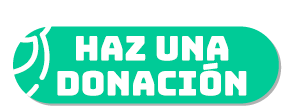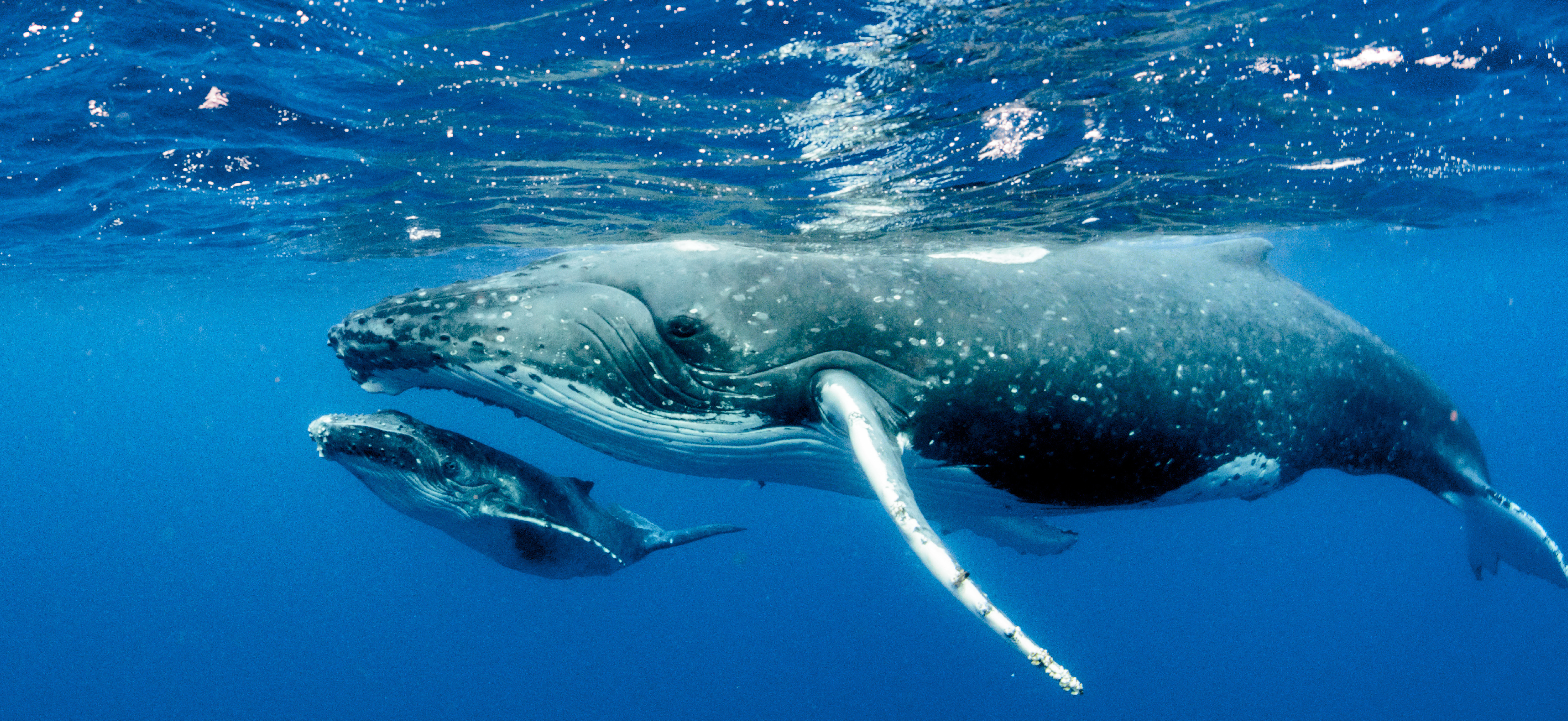Elsa Cabrera, Cetacea Conservation Center
This Monday, Lima, Peru, will become the epicenter of whale conservation and advocacy, when representatives from more than 80 countries gather for the 69th plenary assembly of the International Whaling Commission (IWC69, 22-27 September). This meeting, known for its potential to generate advances in cetacean conservation and management, will be tasked with beginning its work by adopting an operational decision that will have profound implications for the future of cetaceans around the world.
It all started in 2011 during the plenary assembly. As has been customary since 1998, the creation of a whale sanctuary in the South Atlantic was put forth. This initiative, recognised as a beacon for cetacean conservation, had gained sufficient votes to pass. However, in a twist worthy of the harpoon diplomacy, representatives linked to commercial whaling interests left the room just before the vote, plunging the Commission into a deep confusion over how to proceed.
Following intense and confidential deliberations, the chair of the meeting announced that the proposal would not be brought to a vote. According to his interpretation, the departure of the pro-whaling nations had left the meeting without a quorum. It is at this juncture that the critical decision the IWC will face on Monday on a seemingly mundane operational matter assumes significant relevance.
Let’s start at the beginning. What is a quorum and what purpose does it serve? In the realm of international agreements, quorum refers to the minimum number of members (or countries) that must be present for valid deliberations and decisions to take place. Basically, the IWC defines a quorum as the attendance of a majority of its members. For whaling nations, this broad definition is a strategic tool perfectly crafted to enable the effective boycott of any voting process that does not align with their whaling interests.
Fast forward a decade to the last plenary assembly in 2022 (Portorož, Slovenia). In an act of fearless synchronization, the whaling bloc abstained from entering the assembly room when the Commission was ready to vote and approve by majority (+75% of the votes) the creation of the sanctuary. Beyond the bitter and unpleasant deja vu, one must ponder: will this be the new norm?
To prevent such dishonest tactics from becoming entrenched in the IWC’s operational framework, its members resolved to prepare and produce a proposal to redefine the definition of quorum. A dedicated working group has tirelessly worked over the past two years to draft proposals that could enable the Commission to adopt a definition of quorum that will allow it to advance its agenda without the continual obstruction from a minority of countries aligned with whaling interests.
Yet, the scenario is far more complex. This same working group has suggested that the adoption of a new definition of quorum should be adopted by consensus. That is, all IWC members, without exception, must agree on what constitutes a quorum. Should this consensus prove elusive, the Commission could be compelled to retain the existing definition—thus perpetuating the status quo.
Such a scenario would undoubtedly constitute a resounding victory for the whaling minority operating both within and outside this international body. The mere opposition of a single country will mean that all the effort, dedication, and resources invested in trying to resolve this tangled mess will evaporate in Lima. And all this will unfold amid the biggest financial crisis the IWC has ever faced.
In summary, the effectiveness of the IWC is seriously threatened by the ongoing attempts of a small group of nations seeking to dismantle this international body to put an end to the global moratorium on commercial whaling and revive large-scale whale slaughters in international waters. Maintaining the status quo of the definition of quorum is an integral element in the armory of this Machiavellian strategy.
This Monday, we will see how the Commission will tackle this complex scenario and what the position of the Latin American countries (Buenos Aires Group) will be, as they have historically advocated for a definition of quorum that eliminates the ongoing boycotts from the whaling bloc when proposals aimed at the protection of cetaceans are put to a vote. The discussions can be followed live throughout the week starting at 10:00 AM (Peru time) on the YouTube channel of the International Whaling Commission.



